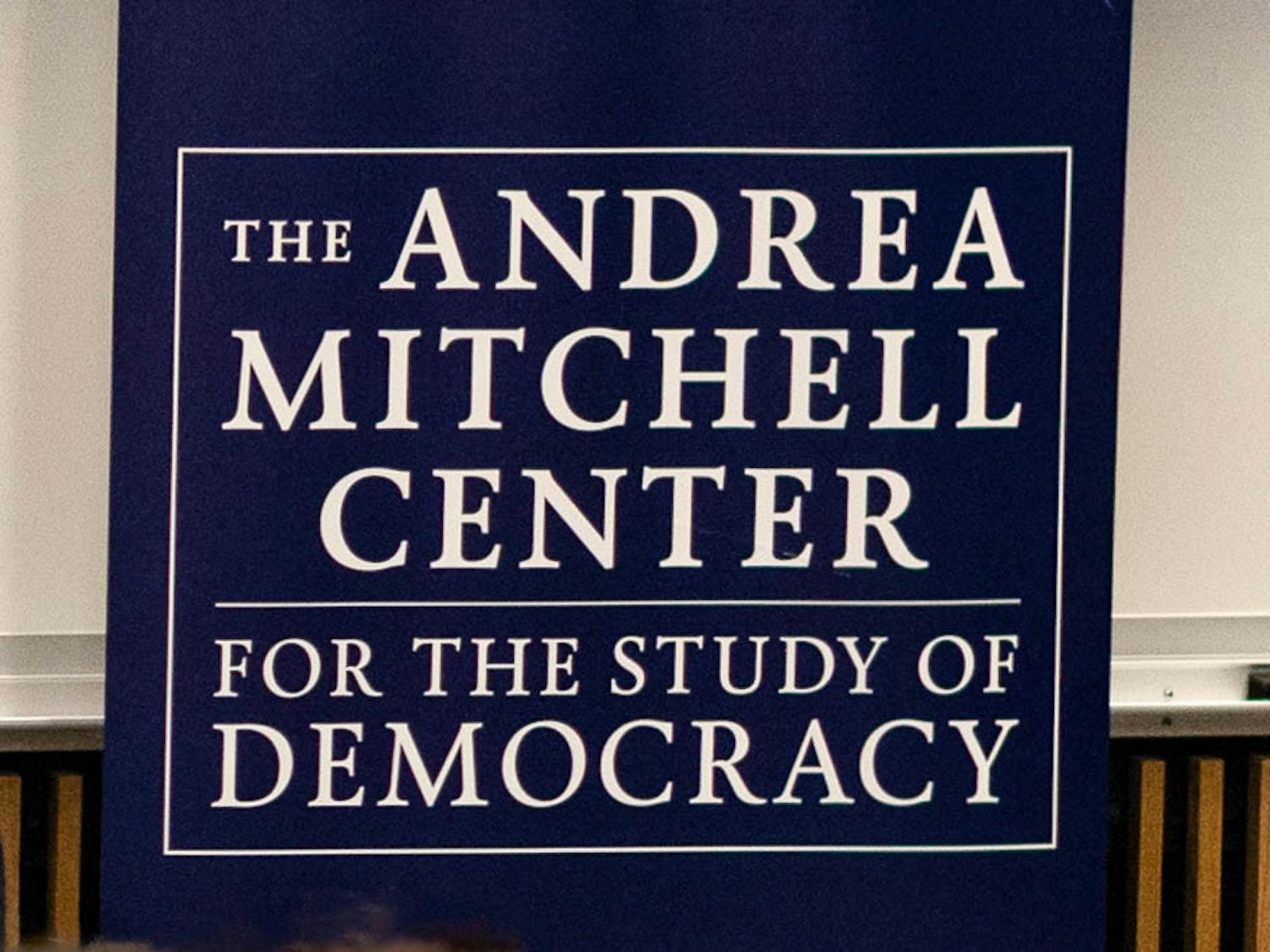and ROXANNE PATEL No one is surprised that fraternities are at the center of the debate over the future over Locust Walk. The 10 chapters have some of the most convenient, centrally located houses on campus, and they occupy the only residential sites on the Walk. But fraternity members say they have been shocked at the allegations and anger that the issue has aroused. They knew that anti-Greek sentiment had been rising for years, but the vehemence of the attacks was unexpected. In their attacks on the all-fraternity Walk, critics have charged that the chapters foster sexism, racism and violence. The system has been barraged with charges of sexual harassment, elitism, and rape. Although they knew their organizations would be central in changing the Walk, Greek members say the Walk dispute has caused the entire system to be unfairly criticized. What began as a discussion over housing has become a battle over the fraternities' place in the University community. · The linchpin of the Walk debate has been the claim that Locust Walk does not represent the entire University because its residents -- members of 10 predominantly white fraternities -- do not reflect the racial, sexual, and ethnic diversity of the University. These claims are accompanied by complaints by women and minorities who say they avoid the Walk whenever possible because they feel at best excluded and at worst physically threatened when they walk to work or class. Lydia York, who received a graduate degree from Wharton in 1987, said last week that because of the Walk's atmosphere, she consciously avoided the Walk at night and on weekends. "At night, Locust Walk takes on sort of a carnival atmosphere," said York, co-chairperson of a recent alumni committee on campus life. "I don't want to say I ever felt physically threatened, but I thought 'What if the boys get out of hand?' " "Personally, I think that something that important on the campus should be a little less threatening," York added. The anti-fraternity factions were given ammunition in 1987 with the release of a report of an ad-hoc committee on racial and sexual harassment. The study, dubbed the Berg Report, states that according to evidence obtained by the judicial inquiry officer and the Office of Student Life, fraternities were responsible for the majority of racial and sexual harassment charges. The report is still cited by a broad coalition of anti-fraternity groups as evidence that fraternities should be thrown off of Locust Walk. Additionally, in a report released this fall, the Committee on University Life noted that many student and faculty members had said they would like the fraternity system to be abolished. While the report did not take a position on the issue, it suggested moving the 10 chapters off Locust Walk. Anti-fraternity sentiments became markedly more vocal last spring, when a group staged an impromptu "Take Back the Walk" protest during a rally which protested crimes against women and minorities on campus. This vocal stance continued through last semester and into this fall. In a book published in August, Anthropology Professor Peggy Sanday increased anti-Greek ire with charges against the fraternity system and specific allegations of sexual harassment against some Locust Walk chapters. In October, she said that her aim in writing Fraternity Gang Rape: Sex, Brotherhood and Privilege on Campus was to help remove fraternities from Locust Walk within 10 years. Prompted by concern over reports of fraternities' harassment of women, some University Trustees who are also fraternity alumni have gone to their houses and explained that sexist behavior will not be tolerated, according to Trustee Richard Censits. "Fraternities provide people with the opportunity to get together and be part of a group," said Censits, who was a member of Beta Theta Pi when it occupied the space where the Sweeten Alumni Center now stands. "They don't have the right to hurt or be rude or crude to anyone." In response to these charges, fraternity members have gone on the offensive this year, accentuating their positives to counter the claims that they are intolerent and violent. They say that as an organized campus group, they have the best opportunity to counter racist and sexist behavior. Several fraternity brothers said many groups do not give them credit for their community service and social awareness programming. Consequently, brothers say, when they fight for their houses on Locust Walk, they feel that they are also fighting for a place as a legitimate group at the University. Sigma Alpha Epsilon President Mike Feinberg said defending fraternities' place in changing Locust Walk and defending the Greek system are "two different issues, but in a way it's the same thing." "On the one hand, the issue deals with pluralism, but on the other hand, the people most vocal about diversifying Locust Walk . . .are very anti-Greek and they want to see the fraternity system abolished," he said. Interfraternity Council President Bret Kinsella said last week he feels the Locust Walk fraternities can help the process of building a new Locust Walk. "Fraternities are in a unique position . . . to facilitate the pluralistic goal," Kinsella said. "Fraternities should be integrated in the process because they are first and foremost students of this University. [They] should have the opportunity to participate in a pluralistic campus and should help construct a pluralistic campus just as any other student." IFC President-elect Jim Rettew said last week that he does not fully understand why people are intimidated on Locust Walk. "Sometimes, people say fraternities make them feel uncomfortable," said Rettew, the current IFC secretary. "In a way I understand, but in another way I don't. Some of the guys living on Locust Walk are physically big, but they don't mean to be intimidating." "Fraternities were founded for all the right reasons: brotherhood, honor, trust, fraternity," Rettew added. "Once people get to know us, they will be able to get past this 'intimidating' stereotype." Rettew defended fraternities' place on Locust Walk, saying the Walk is not completely homogenous. "A key to diversity is integration, and fraternities provide the best means of this integration through perpetuating diversified interaction under a common roof in a fraternalistic bond," he said.
The Daily Pennsylvanian is an independent, student-run newspaper. Please consider making a donation to support the coverage that shapes the University. Your generosity ensures a future of strong journalism at Penn.
Donate







